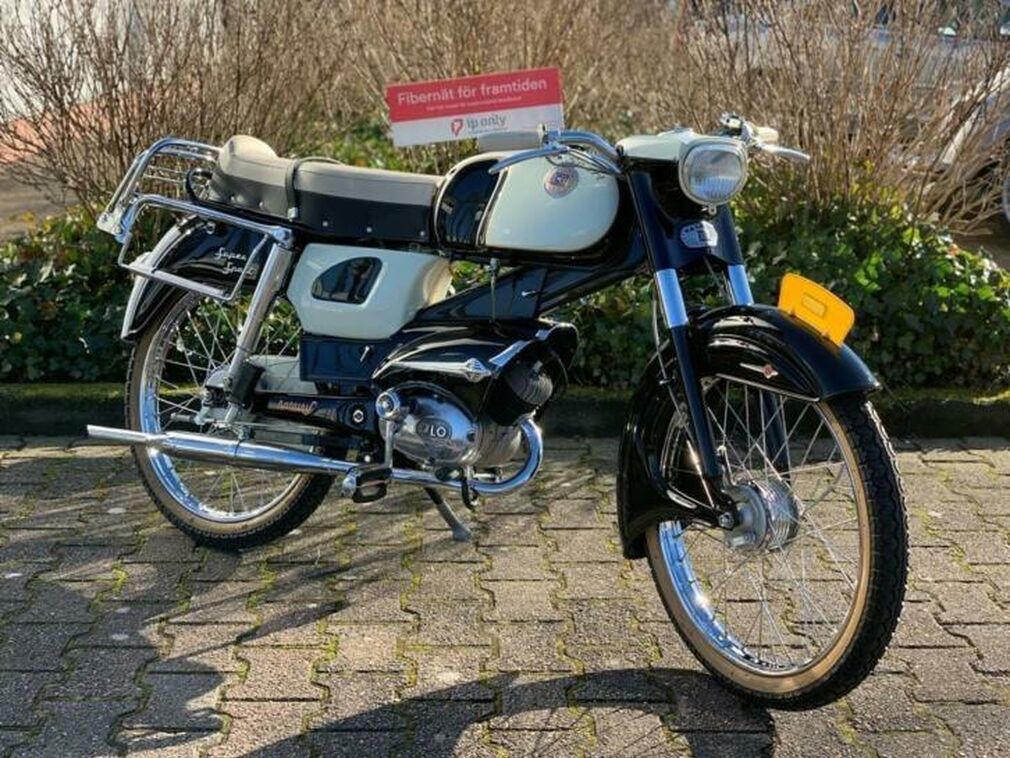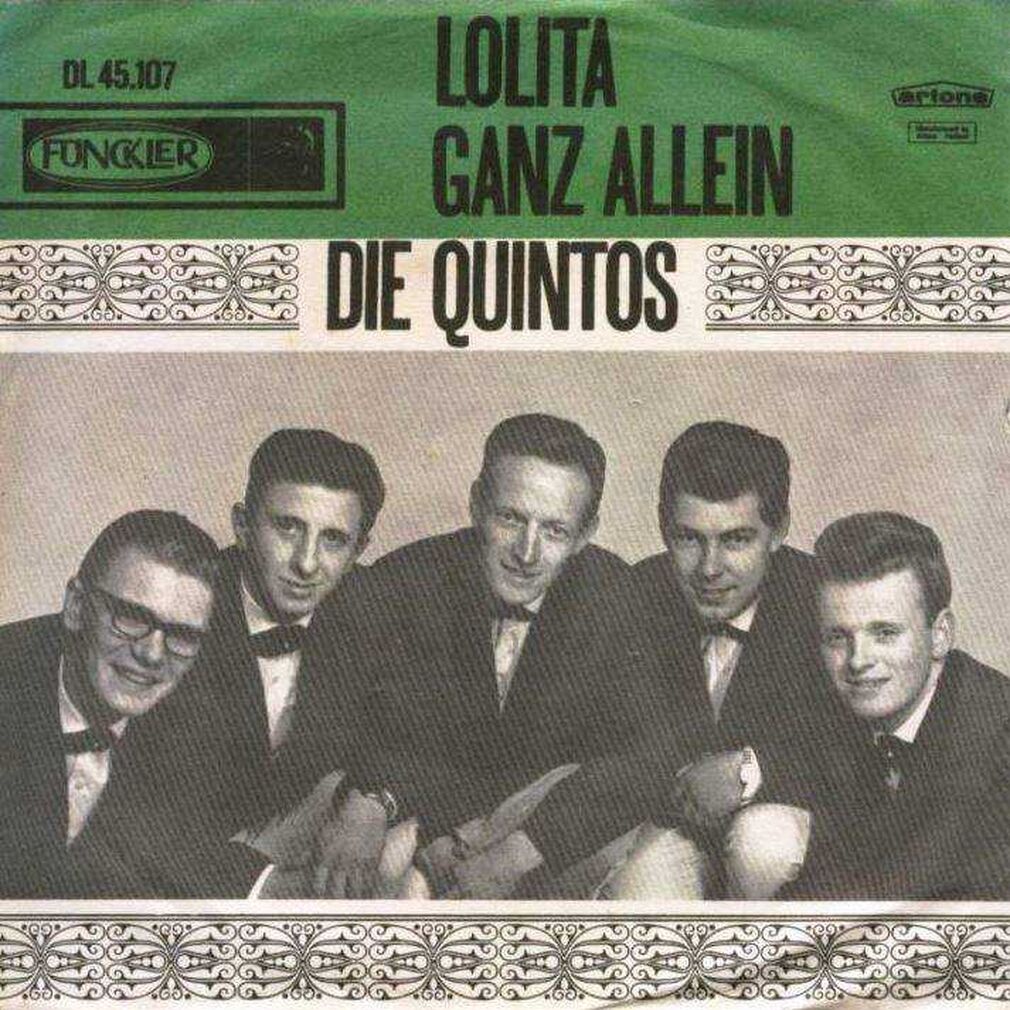Huub Habets
Gertruda Hermans, Tru, was 24 at the time of the liberation and lived in Geulhem with her parents and siblings. She was the youngest of eight children. Her father was a signalman and worked in a cabin next to the railroad crossing. A number of village boys often met there, one of Tru's brothers among them. They regularly met a couple of Black American soldiers. One of them was Huub Habets's biological father, as he learned from an uncle shortly before his uncle passed away. During the time Tru was befriending Huub's biological father, she was already going steady with Louis Habets.
At the same time, one of Tru's cousins became pregnant by a Black GI. Maybe the cousins used to go out together to parties at the Geulhem cave which were frequently attended by the Black soldiers. They were not welcome in the 'official' dance venues or at the liberation festivities as they were for white GIs only.
On May 10, 1945, when Tru was four months pregnant, she and Louis Habets got married. Louis may have known that Tru was pregnant and that the baby was not his. It is interesting though that Huub was named Pieter Hubertus, after Louis's father. On October 11, the day after Huub's birth, Habets registered him at the municipality of Valkenburg. Huub was also registered in the marriage booklet, and so Huub had a legal father. In the extended family both on his mother's and his stepfather's side, everybody loved little Huub.
Huub has a vivid memory as a child of his maternal grandmother, perched on a straight-backed chair in the kitchen, her hair up in a bun, and dressed all in black. His half-brother Louis once told him their grandmother started wearing only black when she learned about Tru's pregnancy. Huub thought this may have been because she felt ashamed.
'As a child,' said Huub, 'I never wanted to be out in the sun, because I did not want to get even darker.'
His stepfather's family came from Elsloo and Huub's grandpa often came to visit the family bringing something special for Huub. On one of these bike rides, his grandpa sadly died in an accident. Once as a teenager, Huub confronted his mother with questions about his biological father, but Tru told him nothing. Louis and Tru had 2 more boys, Louis and Wiel.
For most of his life Huub remained silent about his childhood. 'As a child,' said Huub, 'I never wanted to be out in the sun, because I did not want to get even darker.' It was Huub's second wife, Evelien, who read an article about Ed Moody and Huub Schepers in De Limburger.
She encouraged Huub to look for his biological father but Huub was reticent. During the interview Huub commented 'It's just,' he said, 'that they never asked the right questions to get it out of me. And whenever I asked a question, I did not get any answers, simply because there is no answer to the questions about where I come from.'
Huub was happy with the oral history project started in 2015. He learned more about the Black GIs and he is pleased to be in touch with people in similar situations. Finally, the Black liberators are getting the attention they deserve. 'It is just a bit late,' says Huub. 'It is getting harder and harder to retrieve information. All the people who could have told me something about my father and about my background are dead.'
Huub does look back with satisfaction on a happy childhood, with a father who was a kind man and good to him. Huub deeply respects Louis, especially after the stories told by a former neighbor. On their way to work by bus, Louis's coworkers often taunted him about his illegitimate child. After they were told to stop the harassment ended.
That one can't be yours, now can he!
Huub remembered being at the county fair with his family and a man asked Habets: 'Is that one yours too?' pointing at Huub. Another time, Huub heard an acquaintance of his father's ask: 'That one can't be yours, now can he!' These comments made Huub as a child wonder about them. When he asked his parents they would just say: 'But you have a good life with us, don't you?' Huub remembers his stepfather taking him to the bike store on his sixteenth birthday to buy a new moped. His parents must have saved a lot to buy it. There was only one other boy who owned a gleaming new moped, the son of a rich farmer. Huub thought that his stepfather was nicer to him than to his own sons. When Louis Jr. and he came home late one night after his brother got kicked in the pants but not Huub. 'Perhaps,' he wondered, 'that was because my mother told him specifically not to touch me, who knows.'
As a teenager Huub was very reserved and found it difficult to mix as he didn’t want to stand out. When they went to concerts he was convinced the girls did not notice him. 'But,' he said, seventy years old now, 'of course I never asked them about that. It was all in my head.'
He thought he was afraid of rejection and had no idea if other young people were judging him by his looks. The hardest thing was trying to imitate Elvis’ hairstyle which was not possible with his hair. He was frustrated and when entering a bar with friends, he would try to be the last one in, as much as he could. His friends protected him when other people commented on the way he looked. One day, he heard a couple of guys at the bar saying in dialect, loud enough for him to hear: 'Look at that, a Negro talking dialect, how do you figure that?' Huub was not able to restrain himself and started a fight. His brother Louis and his friends came to his defense.


Look at that, a Negro talking dialect, how do you figure that?
During his childhood, he knew only one other non-white liberation child in all of Valkenburg, Els Geijselaers. They never spoke to each other during their school years. And then of course, there was the aunt in Maastricht who also had a Black child.
Going on vacation to America was not in the cards for Huub. That was his conclusion after learning in school, when he was a little older, about the racial divisions and discrimination in the US. He realized that as a Black person, he would not be safe everywhere.
In school he was the only person of color, and a very sporty one. At sports events, he excelled and won trophies for the high jump and running. He wanted to play sports with the Kimbria Association, a sports club for wealthier kids, but as the son of a miner, he could not afford their fees. A kind teacher at his elementary school, Jan Notten, was friends with his parents and helped Huub join. Notten also made sure he got the same sports outfit as the Kimbria members. The only thing missing was a pair of sports shoes. In 1957, when Huub participated in a sports event, he just wore ordinary, white linen sneakers. That did not look good, he decided. Then he got creative.


Huub was good at drawing and he painted his sneakers in fun colored patterns. Too bad it started raining that day! He laughed when he told the story: 'After the games had ended, I saw that all the colors had blended together.'
Huub wished to go to art school but due to the expense instead went to a vocational school and became a mechanical fitter. He worked six days a week and attended evening classes in Heerlen three nights a week. He found work as a fitter with the Ploem firm in Kerkrade. There, working as a work planner for quite some time by then, he celebrated his fortieth anniversary in 2004.
Huub has been married to Evelyn for forty years and they have one son. From a previous marriage, Huub has a son and a daughter. When his 'pa' was old and his mother could no longer communicate, Huub asked him about the liberation, but Habets fell silent. 'He probably could not talk about it,' says Huub, 'and I actually did want to spare him the agony.' They did not talk about the past any more.
In the 1960s, Huub met Els Geijselaers a couple of times. Together, one day they attended a meeting organized by the Liberation Children's Society in Nijmegen. Apart from that meeting, he had never been able to talk to people about his background. Gertruda Habets- Hermans died on November 5, 2012, at age 91, after suffering from dementia for a while. On January 18, 2016, Huub attended the memorial service for Huub Schepers.
Huub Habets passed away at the age of 77 on June 18, 2023.
